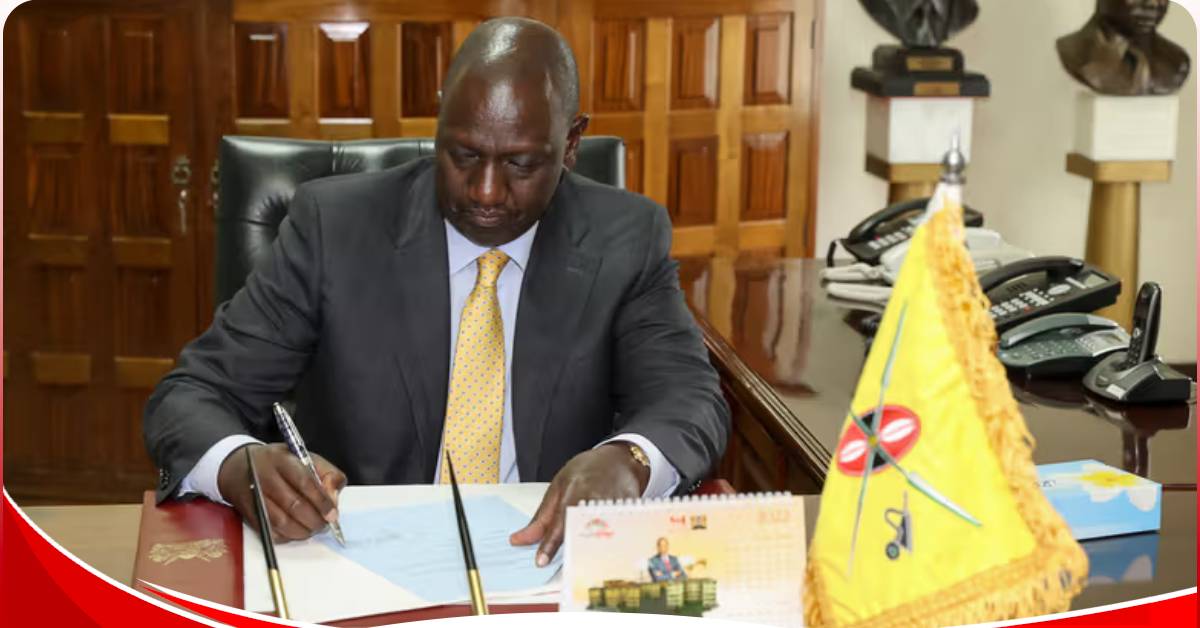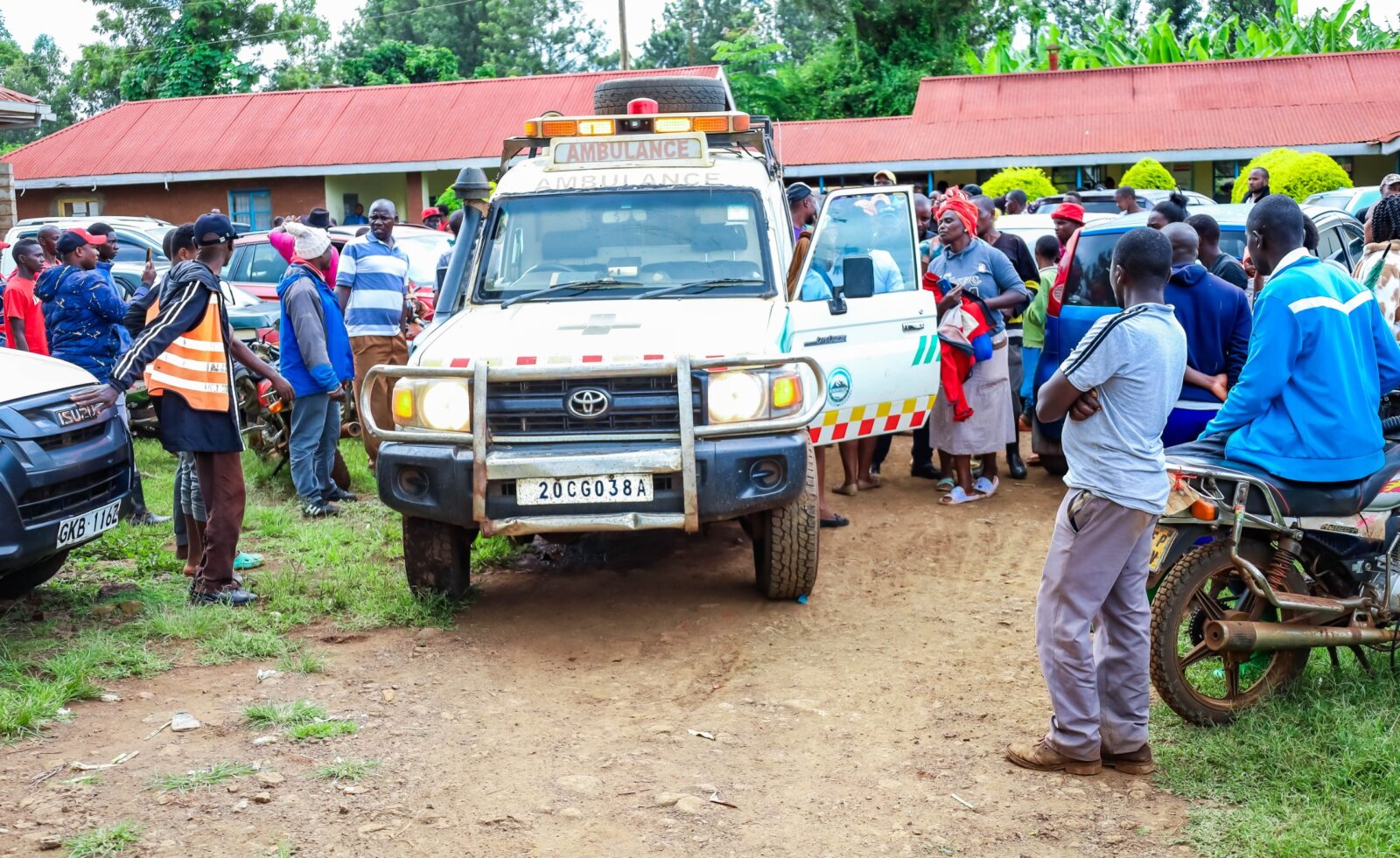In Kenya, making a law involves several stages, from drafting a bill to the President’s final approval.
This structured process ensures thorough scrutiny and public participation.
Drafting the Bill The journey begins with drafting a bill.
The government, individual MPs, or private entities can start this process. Legal experts prepare the draft to ensure it aligns with existing laws and the Constitution.
First Reading
The bill is introduced to the National Assembly.
This stage involves presenting the bill’s title and objectives without any debate, simply informing MPs and the public about the proposed legislation.
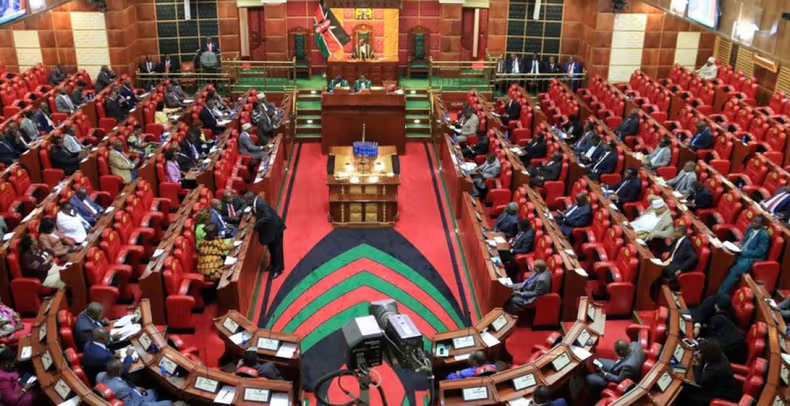
Second Reading During this stage, MPs debate the bill’s general principles and merits.
This detailed discussion covers the bill’s intent, potential impact, and relevance. MPs can support, oppose, or suggest amendments.
A vote follows this debate; if the bill passes, it moves to the committee stage.
Committee Stage The bill is examined in detail by a relevant parliamentary committee.
This committee conducts a clause-by-clause analysis and invites public participation, allowing stakeholders and citizens to present their views.
The committee can recommend amendments based on their findings and public input.
Report Stage After the committee stage, the bill and any proposed amendments are reported back to the National Assembly.
MPs debate the committee’s recommendations and may suggest further amendments, ensuring the bill is thoroughly vetted and refined.
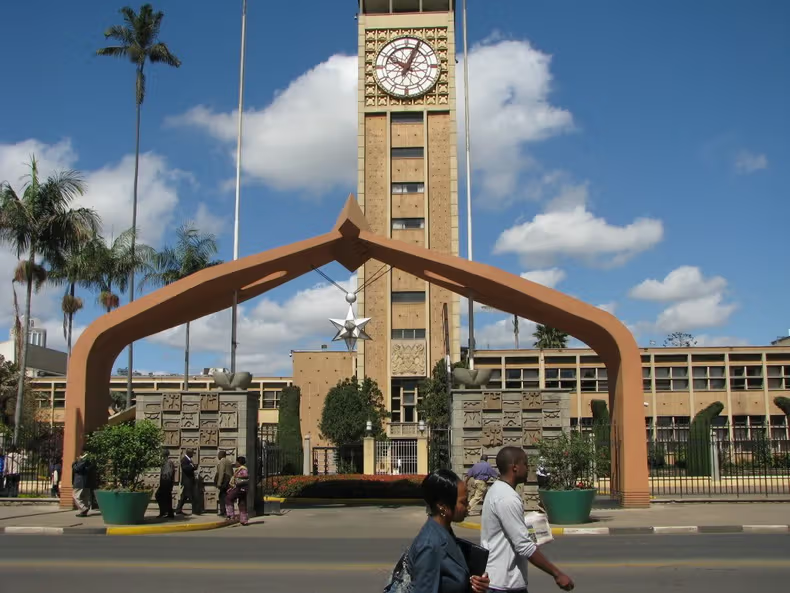
Third Reading This is the final debate on the bill in the National Assembly.
MPs discuss the amended bill, focusing on its final form.
A vote is taken; if approved, the bill proceeds to the Senate if it affects county governments or directly to the President if it does not.
Senate (If Applicable) If the bill concerns county governments, it goes to the Senate.
The Senate follows a similar process: first reading, second reading, committee stage, report stage, and third reading.
The Senate ensures county interests are considered. If the Senate makes amendments, the bill returns to the National Assembly for concurrence.
Final crucial steps
Mediation Committee (If Necessary) If the National Assembly and the Senate disagree on amendments, a mediation committee with members from both houses seeks to resolve the differences and produce an acceptable version of the bill.
Presidential Assent Once both houses pass the bill, it goes to the President, who has 14 days to assent or refer it back to parliament with reservations.
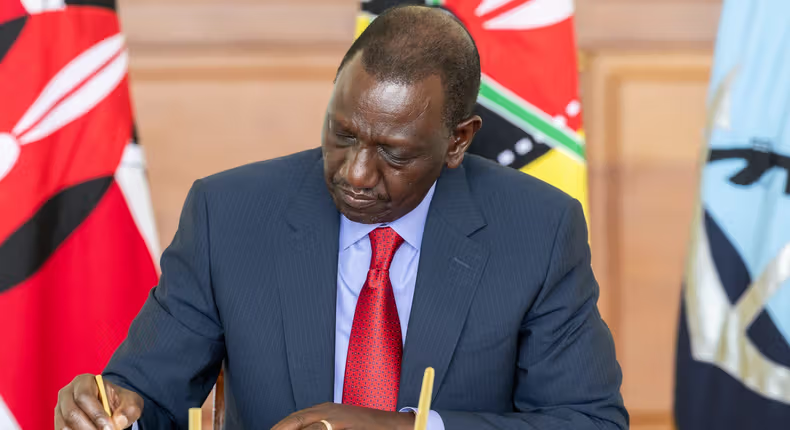
If the President refers it back, parliament can reconsider and make changes. If passed again, the President must assent. Once signed, the bill becomes law and is published in the Kenya Gazette.


